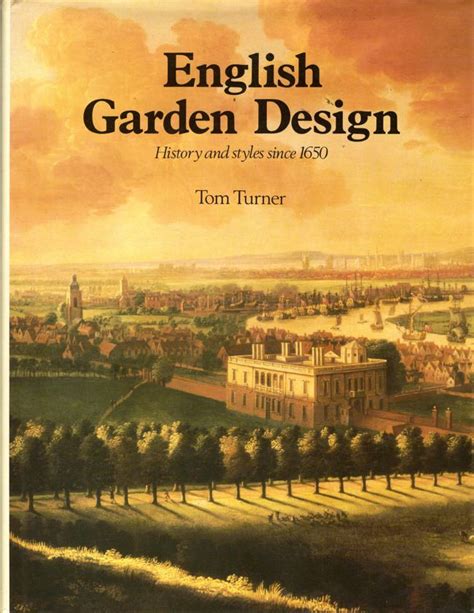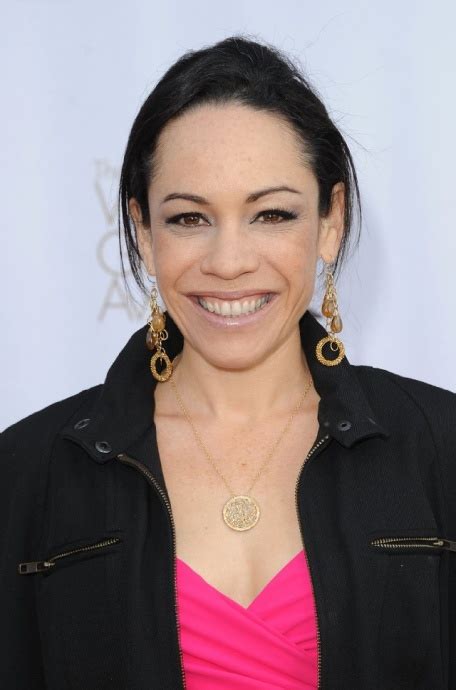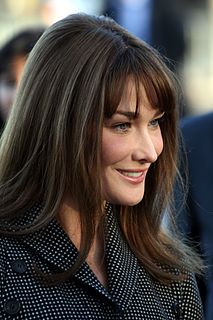A Quote by Michael Pollan
A garden should make you feel you've entered privileged space -- a place not just set apart but reverberant -- and it seems to me that, to achieve this, the gardener must put some kind of twist on the existing landscape, turn its prose into something nearer poetry.
Related Quotes
Certainly for me prose has a dilatory capacity, insofar as I don't trust my abilities in prose. I imagine I could have done the same thing in poetry, but sometimes I feel more fluent in poetry than in prose, and as a consequence perhaps I might pass too quickly by a thing that I might, in prose, have struggled merely to articulate. That struggle creates space, and it seems to me a particular kind of space into which memory flows easily. I suspect I think better in poetry, however.
Poetry has an indirect way of hinting at things. Poetry is feminine. Prose is masculine. Prose, the very structure of it, is logical; poetry is basically illogical. Prose has to be clear-cut; poetry has to be vague - that's its beauty, its quality. Prose simply says what it says; poetry says many things. Prose is needed in the day-to-day world, in the marketplace. But whenever something of the heart has to be said, prose is always found inadequate - one has to fall back to poetry.
The more contemplative gardener, seeing the garden as a whole, the design of it, and its nature as a still place of delight and refreshment, will wait and hope for the moment when it seems to achieve perfection. Awareness of when such moments are most likely helps to make them happen; they will not be entirely accidental but anticipated; everything will be planned to encourage them.
The strengths landscape architecture draws from its garden design heritage include: the Vitruvian design tradition of balancing utility, firmness and beauty; use of the word 'landscape' to mean 'a good place' - as the objective of the design process; a comprehensive approach to open space planning involving city parks, greenways and nature outside towns; a planning theory about the contextualisation of development projects; the principle that development plans should be adapted to their landscape context.
I'm a poetry-skipper myself. I don't like to boast, but I have probably skipped more poetry than any other person of my age and weight in this country - make it any other two persons. This doesn't mean that I hate poetry. I don't feel that strongly about it. It only means that those who wish to communicate with me by means of the written word must do so in prose.
I really feel that actors should really know who they are as characters; they should really study their lines; they should be prepared; but once they come to set, for me the most exciting way to shoot a scene is to really find it, really kind of grind your way through it, until you feel like you have something that you can put together.
There is also the very real possibility that, in the justice of God, one of the reasons He uses the weak and the foolish of the world is so that no argument could be made later that certain people were advantaged in some unfair way by that which was unearned-either in the premortal life or here. Hence it seems prudent for us to realize that just because one is set apart or ordained to a certain calling or assignment he or she must not expect to be set apart from the stresses of life. There appear to be no immunities.
I do think it's smart to see a marriage as "a garden and a gardener who constantly swap roles." You really have to switch from one to another. Being the gardener would be the more active role in the situation. Being a garden would be more passive. You've got to be both the one who gets help and the one that's helping. That's the circulation in a couple. You should switch from one position to another. I think it's good to be always aware that love can fade. There's something I really like about that sentence. It's as if love should be seen as work...because it is.
I've seen a lot of patriots and they all died just like anybody else if it hurt bad enough and once they were dead their patriotism was only good for legends; it was bad for their prose and made them write bad poetry. If you are going to be a great patriot i.e. loyal to any existing order of government (not one who wishes to destroy the existing for something better) you want to be killed early if your life and works won't stink.





































